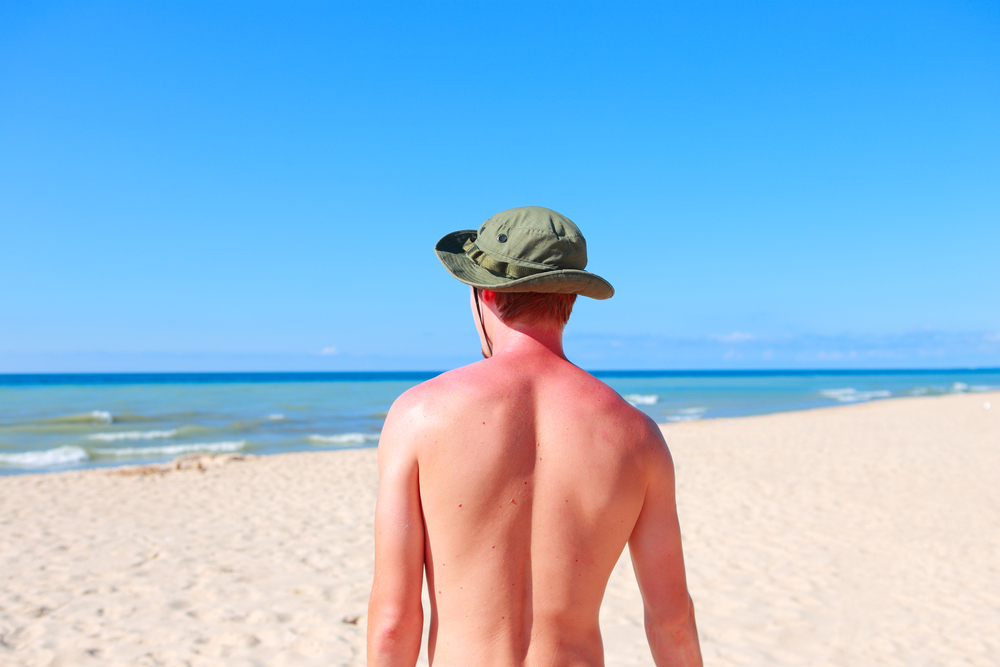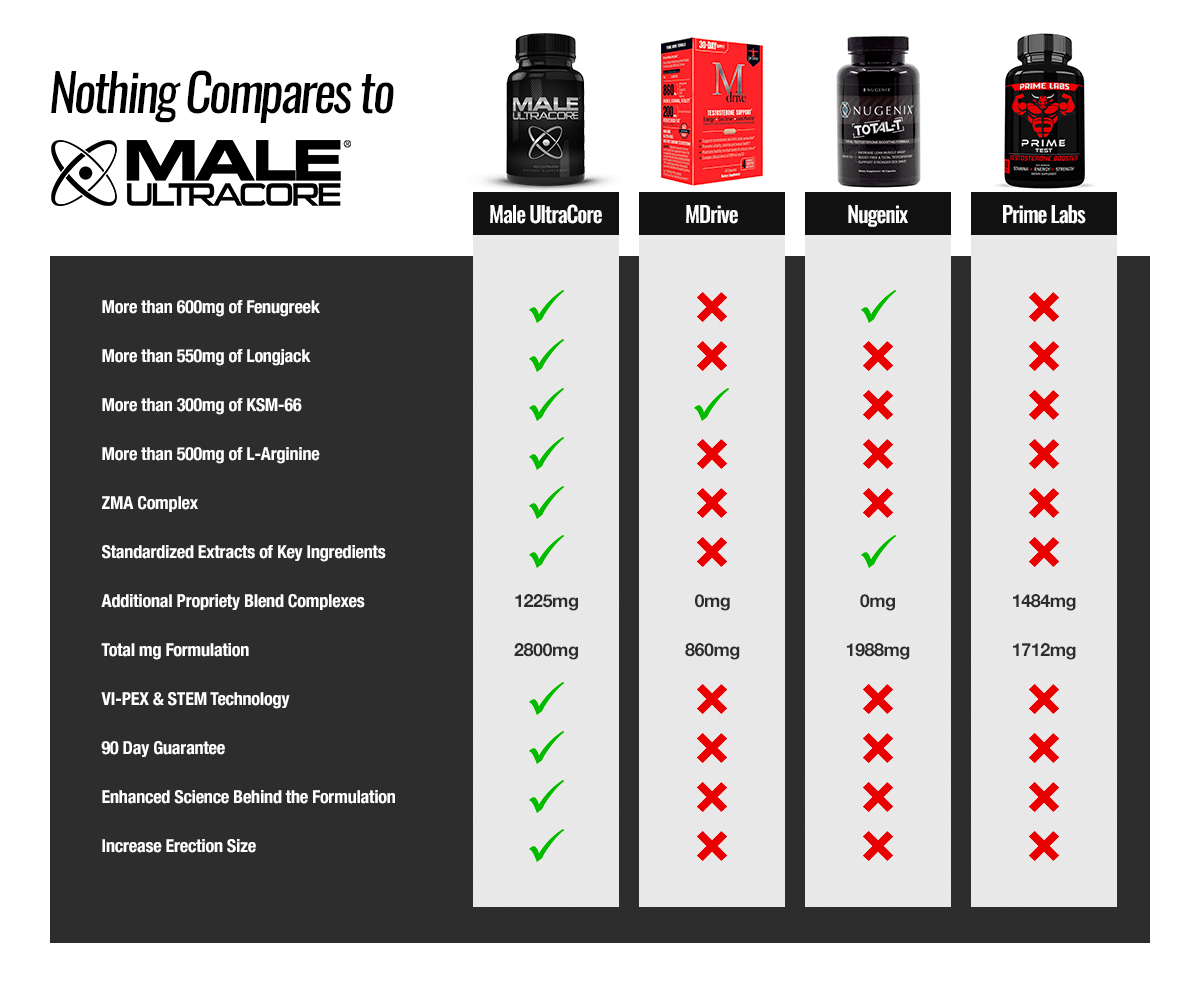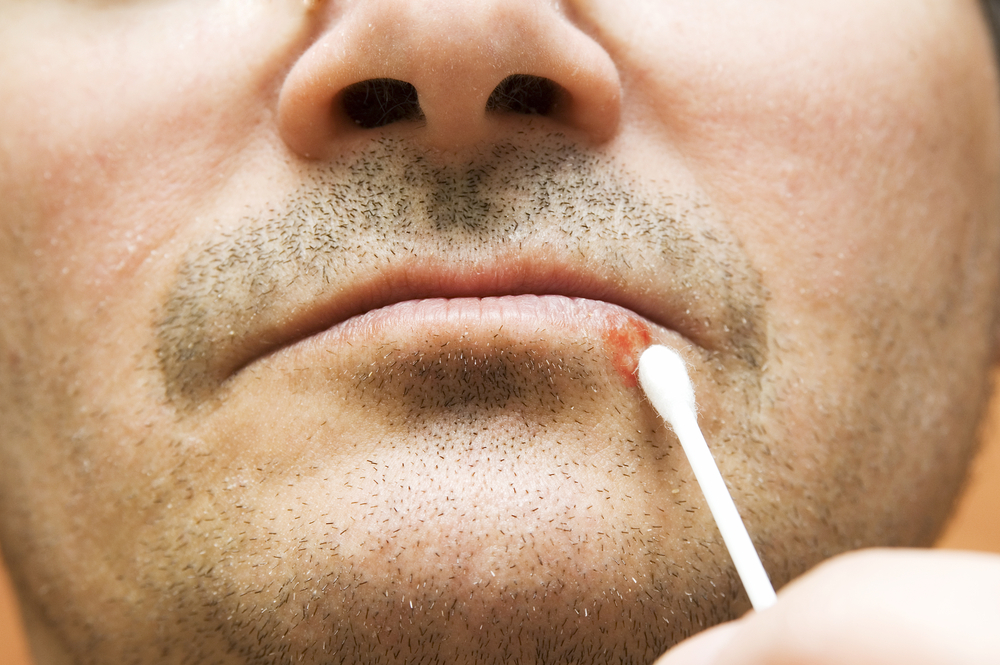When you contract the herpes simplex virus, whether it’s type 1 (HSV-1) or type 2 (HSV-2), you may show symptoms like fluid-filled blisters around your mouth or in your genital area. If the blisters, also called cold sores, appear inside or around your mouth, it’s oral herpes.
Herpes blisters may also form in other parts of your body, such as in your genital area if you have genital herpes, or on your fingers if you have herpes whitlow. Once you have experienced having cold sores, they will most likely recur. Find out what can cause frequent outbreaks of cold sores.
Overview
Contracting the herpes simplex virus means you have contracted an STD, although the virus is transmitted by means other than sexual contact. Of the various types of STD, oral herpes, which is typically due to infection with HSV-1, is perhaps the most prevalent and contagious.
Every year, hundreds of millions of new oral herpes infections occur. It is estimated that herpes affects about 3.7 billion people worldwide. HSV-1 is estimated to cause approximately 20% of genital herpes cases, although the virus is more commonly associated with oral herpes.
When you get infected, you may experience your first cold sore outbreak about a week after exposure to HSV-1. For some people, though, it may take a while before they experience their first cold sore outbreak.
When it’s not active, the herpes virus hides inside your nerve cells where it stays dormant. HSV-1 usually hides in the nerve cells behind the cheekbone, while HSV-2 stays in the nerve cells near the spinal cord. Once triggered, the virus then travels to the facial or genital nerve endings and causes cold sores to form.
Mode of Transmission
The herpes virus is very easily transmitted, which is partly why so many people have it. Even if you don’t have cold sores, you may still be able to transmit the virus, but the risks of transmission are the highest when your cold sores are oozing viral fluid.
In fact, those who have herpes but don’t show any symptoms are the ones who have very high risks of transmission. Since the symptoms are absent, they may not even be aware that they’re actually infected. And because they don’t know, they’re unable to take precautions to prevent the transmission of the virus.

All it actually takes to transmit the herpes virus is direct skin contact with herpes blisters or cold sores. This can happen when you kiss someone who has cold sores, or if you touch their blisters. If you give oral sex to someone who has genital herpes, you may end up contracting oral herpes.
Even when herpes does not cause any symptoms, you would still acquire the disease if you happened to have contact with the genital or oral secretions of someone who has herpes. Kissing and sharing drinking straws or eating utensils during meals can cause the herpes virus to spread.
First Outbreak
When HSV-1 first becomes active, you’ll most likely suffer various symptoms. Prior to the appearance of cold sores, you will experience what’s called a prodrome. It refers to an early symptom that warns you of an impending outbreak. For oral herpes, the prodrome is usually a burning or tingling feeling located in the area where the blisters are about to form.
Aside from cold sores, you will also most likely experience a fever, headaches, pain, muscle aches, and your lymph nodes may become swollen. The pain may cause you a lot of discomforts, and it may even prevent you from being able to eat or drink. This is why many people with cold sores sometimes get dehydrated.
A cold sore outbreak may last for several days up to two weeks. After your first outbreak, a second outbreak may occur after just a week or two. Subsequent outbreaks usually happen less frequently and with less severe symptoms, unless you’re always exposed to factors that may trigger another outbreak.
Cold Sore Outbreak Triggers
There are many known cold sore outbreak triggers, but it can vary from one person to another. However, catching a cold or getting a fever almost always triggers another outbreak. In fact, any infection or illness can cause your cold sores to come back because they can make your immune system weak.
Upper respiratory tract infections are actually common triggers of cold sore outbreaks. Changes in your hormonal balance may also cause the herpes virus to become active again. A lot of women, for example, experience recurring cold sore outbreaks when they have their monthly period.

Exposure to sunlight and extreme temperature can also trigger another cold sore outbreak. If you’re prone to cold sore flareups, you may want to avoid prolonged exposure to sunlight.
Fatigue and stress can also take a toll on your immune system and weaken it. Once your immune system is weak, your body won’t be able to fight off the herpes virus as well as it can when you’re healthy.
If you’re suffering from a skin condition such as psoriasis or eczema, you may experience cold sore outbreaks more frequently than other people do. Those whose immune system is compromised, such as in the case of HIV patients, may also be prone to frequent cold sore flareups.
Treatment Options
Because it’s a lifelong infection, there’s actually no cure that can completely get rid of the herpes virus. This means that once you’ve contracted the disease, you will just have to learn to manage your symptoms and do your best to prevent recurrent outbreaks.
Nonetheless, there are oral antiviral medications you can take that may be able to help. For both oral and genital herpes, doctors often prescribe medications such as famciclovir, acyclovir, and valacyclovir. These are medicines that you need to take orally.
They basically work by suppressing the herpes virus. If you already have a prescription for oral antiviral medicine, you should try to take it as soon as you feel that burning sensation which normally precedes a cold sore outbreak.
If you take your medication at the early stages of an outbreak, you may be able to shorten the duration of the outbreak and speed up your healing process. Oral antiviral medications may also be able to completely stop your cold sores from flaring up.
Increase Your Testosterone Levels with Testosterone Boosters
Male UltraCore is a premium testosterone boosting supplement that is designed to maximize test levels, increase your performance and drive, and give you harder and fuller erections. 





